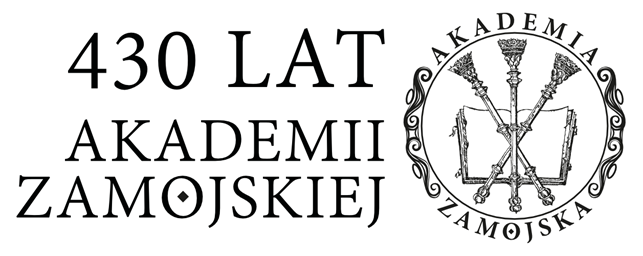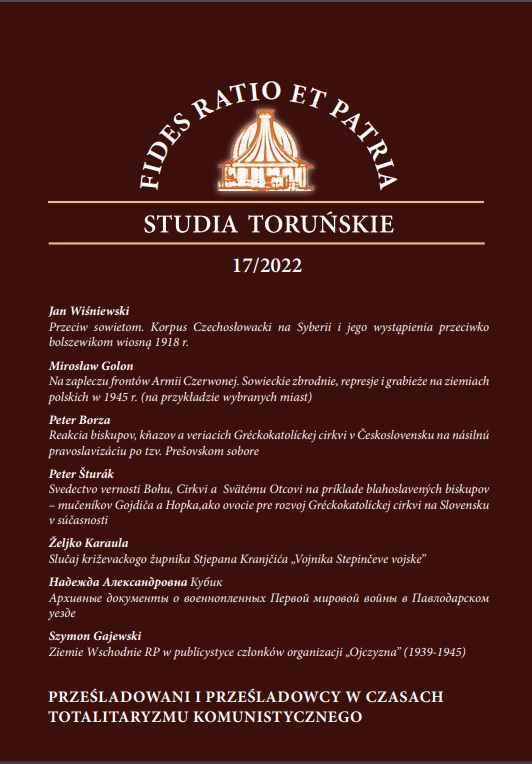No. 17 (2022)
PRZEŚLADOWANI I PRZEŚLADOWCY W CZASACH TOTALITARYZMU KOMUNISTYCZNEGO
The discussion on the condemnation of communism shows the truth about the totalitarian system, the omnipresence of communist evil affecting everyone, from an ordinary citizen, through individual groups of people, to the power elite. Repressions and persecutions have been frequently used since the beginning of the introduction of this system in various countries of the world. Often the price of promotion was a compromise with the system. In the eyes of future generations, the image of communism cannot consist only of heroes and their persecutors. Collective responsibility for crimes cannot be introduced, but neither can there be collective irresponsibility. A reliable assessment of the past is necessary, taking into account the complexity of human fate, clearly distinguishing good from evil. The individual responsibility of the people of the system and the responsibility of the formation that supported the system are two fundamentally different but related issues.
The introduction of the communist system in the area of the former tsarist Russia, bearing the name of the Union of Soviet Socialist Republics since 1922, affected the lives of many millions of citizens of this country. The reign of the criminal Joseph Stalin led to terror used against real and imagined opponents of his policy led to the deaths - according to various scientists - of over 20 million people (of which 11 million died of starvation) and the number of victims of Soviet deportations, exiles, labor in the gulags. Alexander Solzhenitsyn estimated that from the beginning of the revolution to 1956 over 60 million citizens of the USSR were killed in the camps. After World War II, communist crimes affected countries that fell under Soviet influence and countries where the communist system achieved victory, such as China (PRC), North Korea or Cuba. The "Cold War" or the creation of the Warsaw Pact led to persecution, which also took place in the countries of Eastern and Central Europe, and particularly affected, among others, Catholic or Greek Catholic Church. To this day, communism as an ideology of power is applied to citizens of several countries around the world. Communism has also left its mark on today's Russian society, dictatorially ruled by Vladimir Putin, not only in terms of repression and governance, but also propaganda. The above-mentioned issues, especially the period after 1945 and until 1989, were the leitmotif of the current issue of "Fides, Ratio et Patria. Toruń Studies”.


 Język Polski
Język Polski
 English
English
 Русский
Русский
 Slovenčina
Slovenčina
 Hrvatski
Hrvatski

